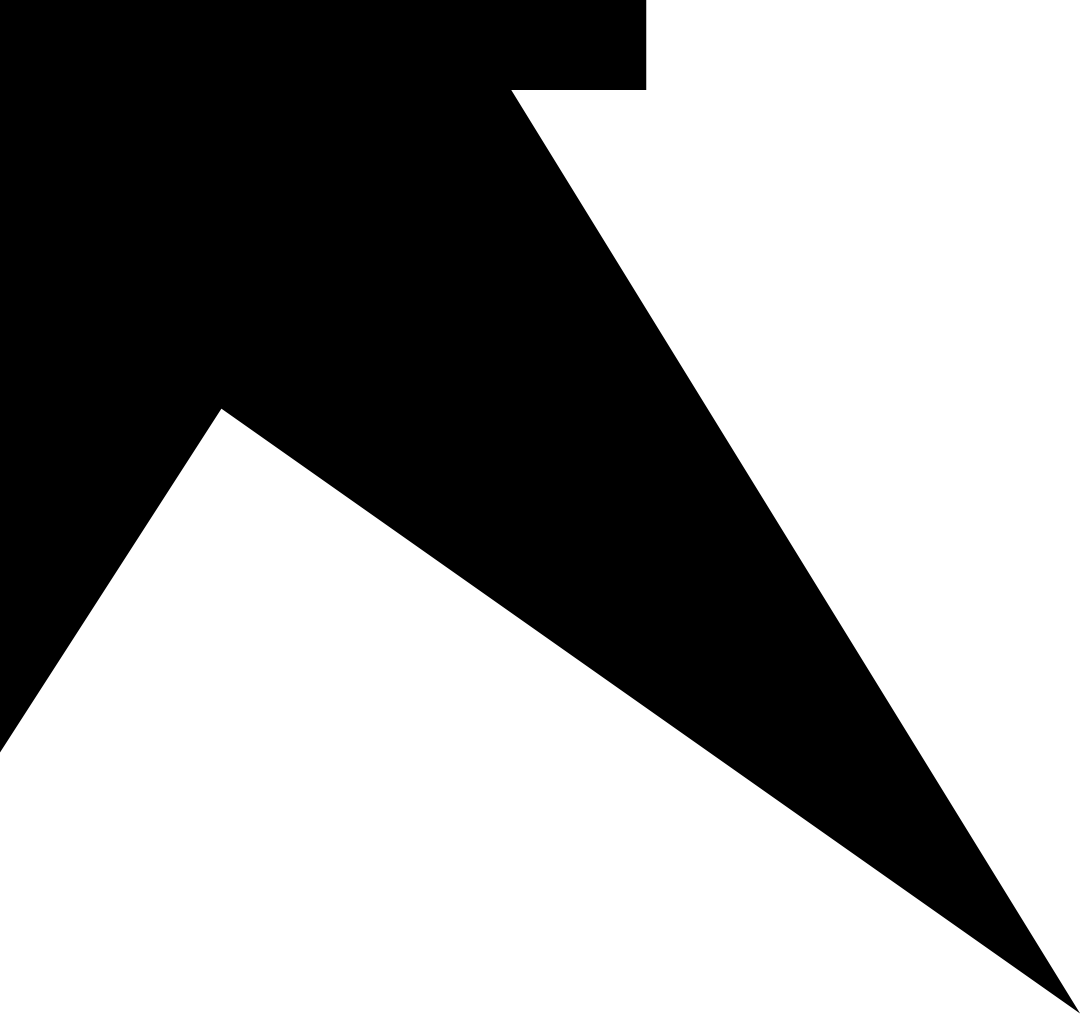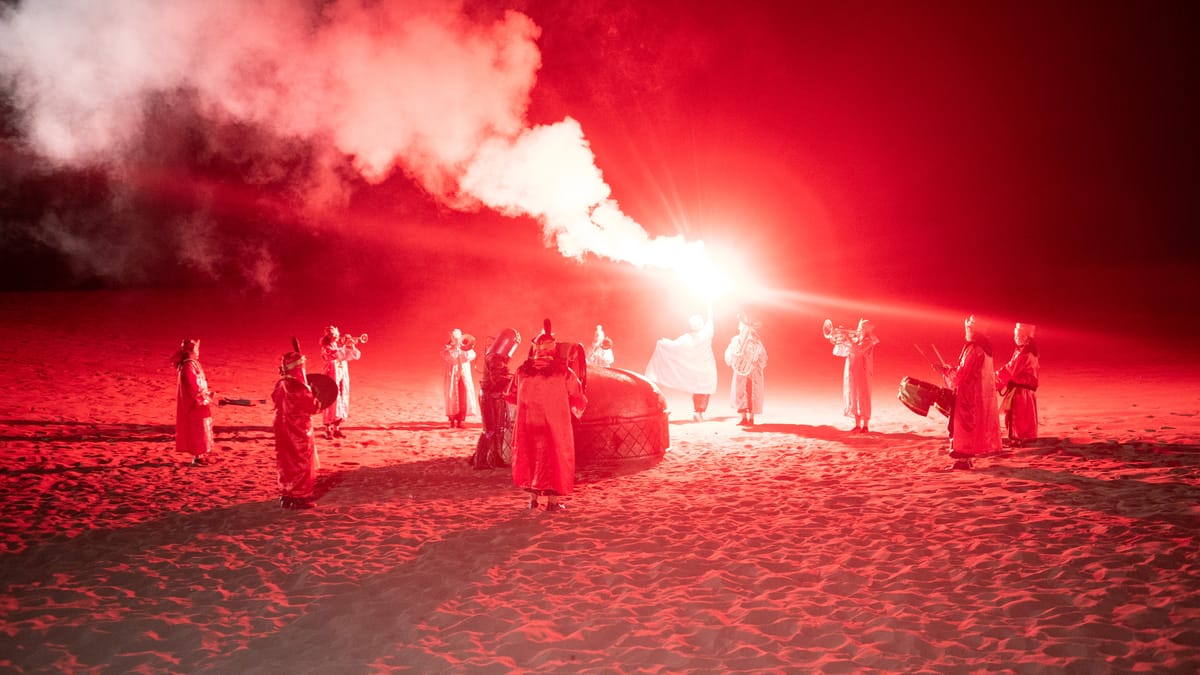
Forum Expanded is unique as an independent section at a major international film festival with a longstanding commitment to expansive forms of moving image art. The adventurous section is structured as a dual presentation of work for the cinema screen and work for the gallery space, with a mission to interrogate the multitude of paths in between the two territories. Forum Expanded was established in 2006 as part of the International Forum of New Cinema at Berlin International Film Festival – better known by its common nickname "the Berlinale," which opens in February 2025 for its 75th edition. After two decades of existence Forum Expanded looks ahead to a new location at silent green Kulturquartier and a newly-installed section head.
Uli Ziemons has been working at Arsenal – Institute for Film and Video Art, the organiser of independent festival sections Berlinale Forum and Forum Expanded, in various capacities for more than 10 years. For the past three years he was co-head of Forum Expanded with the artist Ala Younis. Now he steps into the role solo for this anniversary edition, which is titled Methods of Translucence. We spoke with Ziemons about the history of Forum Expanded, the curatorial concept of this year's edition, the nuances of navigating current politics in art and culture, and other subjects.
Forum Expanded is the rare section at a major international film festival that was founded and designed specifically to explore the moving image in a gallery and exhibition setting. How do you understand that mission in the evolving interplay between the film world and the contemporary art world?
This edition marks the 20th occasion that Forum Expanded is opening its doors to the public. At the time of its founding in 2006, creating a program like ours, which looks beyond the cinema space to other forms of moving image presentation, was not as common within the structures of an A-festival such as the Berlinale. Stefanie Schulte Strathaus and Anselm Franke, who founded Forum Expanded, established a very extraordinary space at the time. Now, the inclusion of these formats within the wider festival context, as well as the presence of moving images in exhibition contexts, is almost a given – and maybe Forum Expanded has played a part in that.
So, for a long time now, “institutional” questions of the place which moving image works hold in these interconnected worlds have been pretty much relegated to the background in our thinking, I would say. What we have been interested in is rather how the types of works which straddle this institutional boundary interact and engage with the world we live in. Franke once called the experimental works we show a “carefully calibrated membrane” that reacts sensitively to the moments in which life and film intertwine – and I think this way of conceptualizing what Forum Expanded is about is very useful.
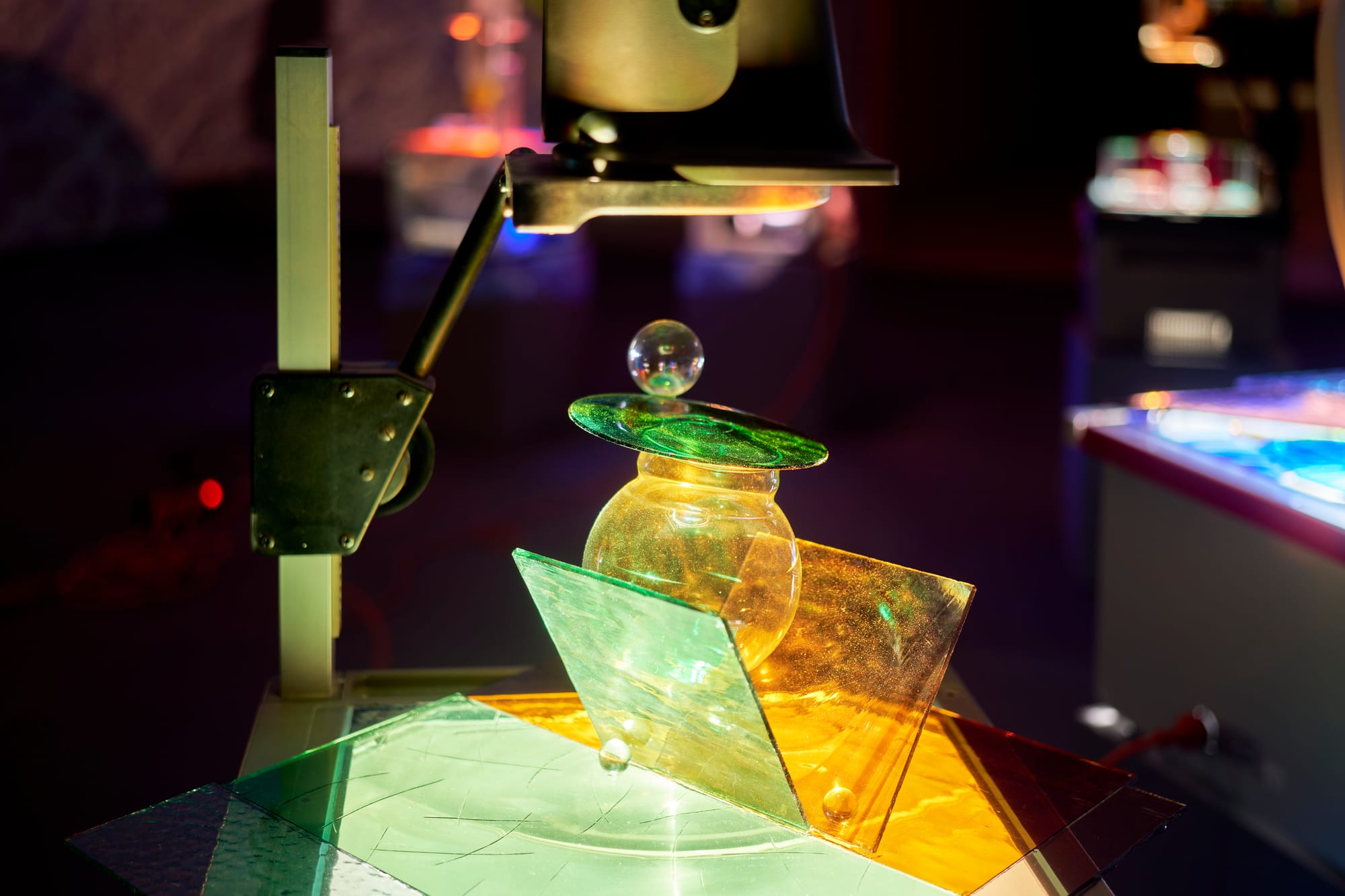
The title of this year’s edition is Methods of Translucence. Tell us more about the methods, and how they will be exercised in the ways the selected works are displayed.
Translucence as a concept was something that came up during our discussions in the selection committee when my colleagues Karina Griffith, Shai Heredia and I were putting together the program. It seemed that quite a few works we saw and liked employed translucence in one form or another, whether formally or metaphorically. It struck us as an interesting way of talking about how these works interfere in the reality they depict and often critically examine – not by aiming at complete clarity and transparency, but rather by obstructing our view, inserting something in our field of vision, refracting our perspective and thus opening up conversation about what was missing or unseen.
A central work to mention here is surely Sinking Suns by Neda Saeedi, a sculptural piece which does not employ moving images but works with overhead projectors and tinted glass objects to illuminate the exhibition space. Saeedi creates hauntingly beautiful lightscapes that remind us of spectacular sunsets; their beauty is haunted because the artist lets us know that sunsets are at their most mesmerizing and colorful when the air is most polluted.
Another work I would like to highlight is Alternative Monument for Germany (ADfD), an augmented reality piece which will be installed on the lawn in front of our exhibition venue at silent green for the duration of the festival. For this work, the collective Alternative Monument created a virtual monument to commemorate the stories of migrants and migration in Germany, a topic and voices which do not have a prominent place in German commemoration discourse.
A slightly different approach can be seen in Alisa Berger’s diptych Rapture, which consists of a single channel video installation and a VR experience. The work’s protagonist had to flee his home in Donbass, Ukraine and through a virtual reconstruction of his former apartment he – as well as the viewers – is able to visit this place, which is otherwise lost to him.
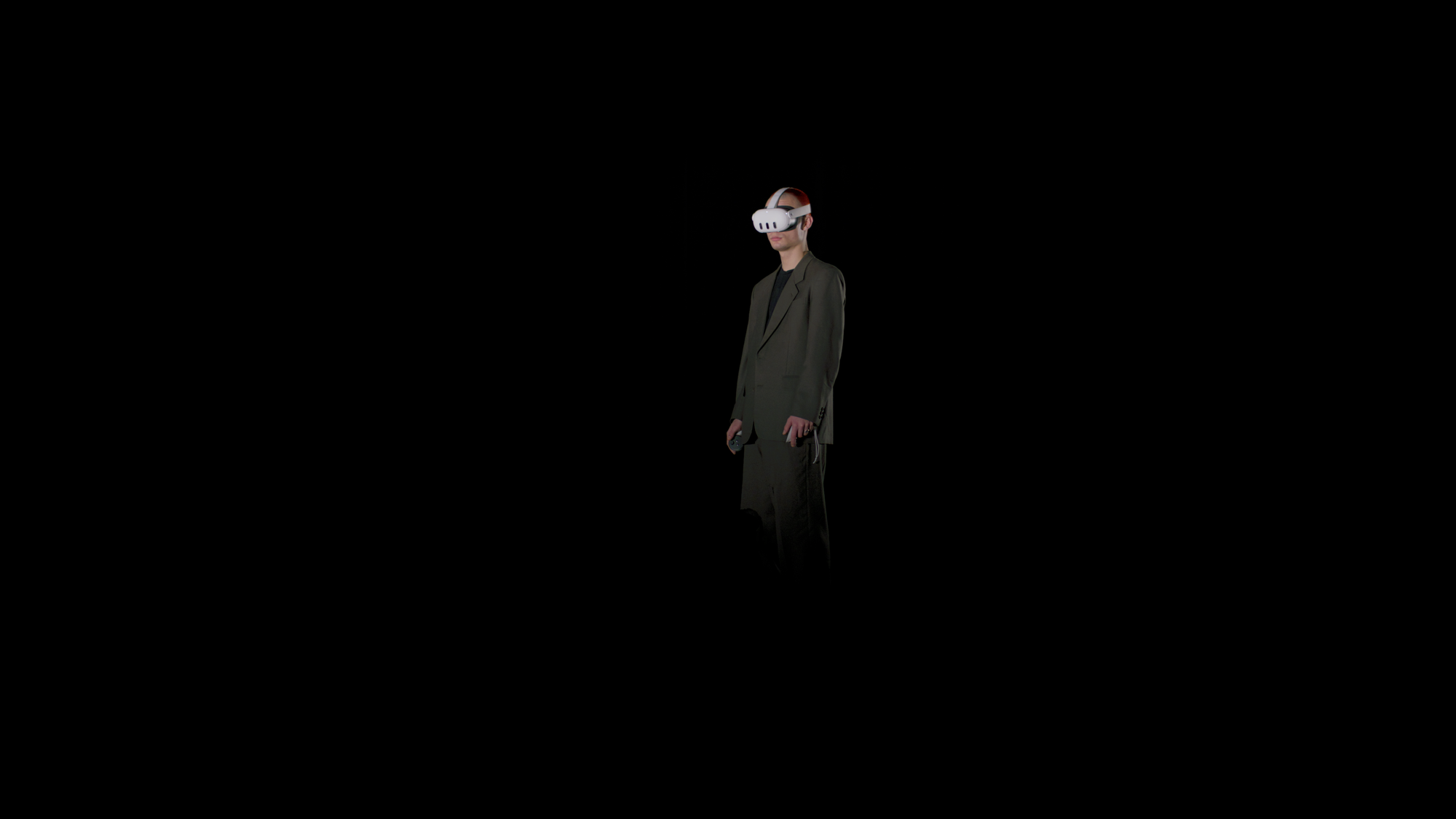
How are you navigating this charged political moment in your work, when artists and arts workers are placing a renewed value on demonstrative engagement and oppositional critique? We should say that Berlin as a city has been ground zero for struggles in art and culture that have wide-ranging repercussions, while the Berlinale has been going through a particularly tumultuous period in the past few years.
Though the experience of working within a politically charged moment is not new to us, the rifts that we see today within our film and artist communities, and the highly polarized discourse that has developed a new, divisive quality, has been incredibly complicated to navigate on both a professional and personal level. It is hard to find an optimistic spin on the turn towards conservative if not outright extreme right wing political thinking that we see in Germany, in Europe and around the world. In Berlin these events reverberate palpably, as the city is home to diverse communities from around the world. And for many of us this current environment is alarming.
Over the years we have done our best to provide an open, appreciative platform for the presentation and reception of socio-politically challenging and innovative moving image works. We work with the artist community to make this happen, as more often than not the works we present, and the artists behind them, use their creations as a way of negotiating political and social questions that we feel are important to address. Their works tackle urgent issues, which have real-life consequences for many people.
The Forum Expanded community has grown over 20 years both through the festival and the continuous work of Arsenal, which takes many of the selected films and videos into distribution. We are very aware of our responsibility towards our community, especially in times of uncertainty and polarization. We do not take these long-standing relationships and the trust that filmmakers and artists have put in us for granted. We know that everyone must find their own ways to protest the injustices they see. And in our role as curators and cultural workers we remain committed in our continued attempt at creating an open space for dialogue, debate and a diversity of voices to express themselves through cinema.
Berlin is a city that is known for the brilliance of its abundant cultural offerings. What are some of your favorite places to view exhibitions and screenings?
I try to take advantage of the wide range of screenings on offer at all times in the city, particularly at Kino Arsenal, our “home base” so to speak, which presents an amazing program year-round. Arsenal is on hiatus in 2025 due to the institution and the cinema moving to silent green Kulturquartier, though it will travel to other venues in the city and beyond to showcase programs. Wolf Kino is another great spot, as is Sinema Transtopia. Also Zeughauskino, which offers comprehensive retrospectives and thematic programs. As far as art spaces go, Spore Initiative is an interesting new space and LAS Art Foundation, a nomadic exhibition space for large-scale media and moving image work, has presented some interesting positions in different venues throughout the city.
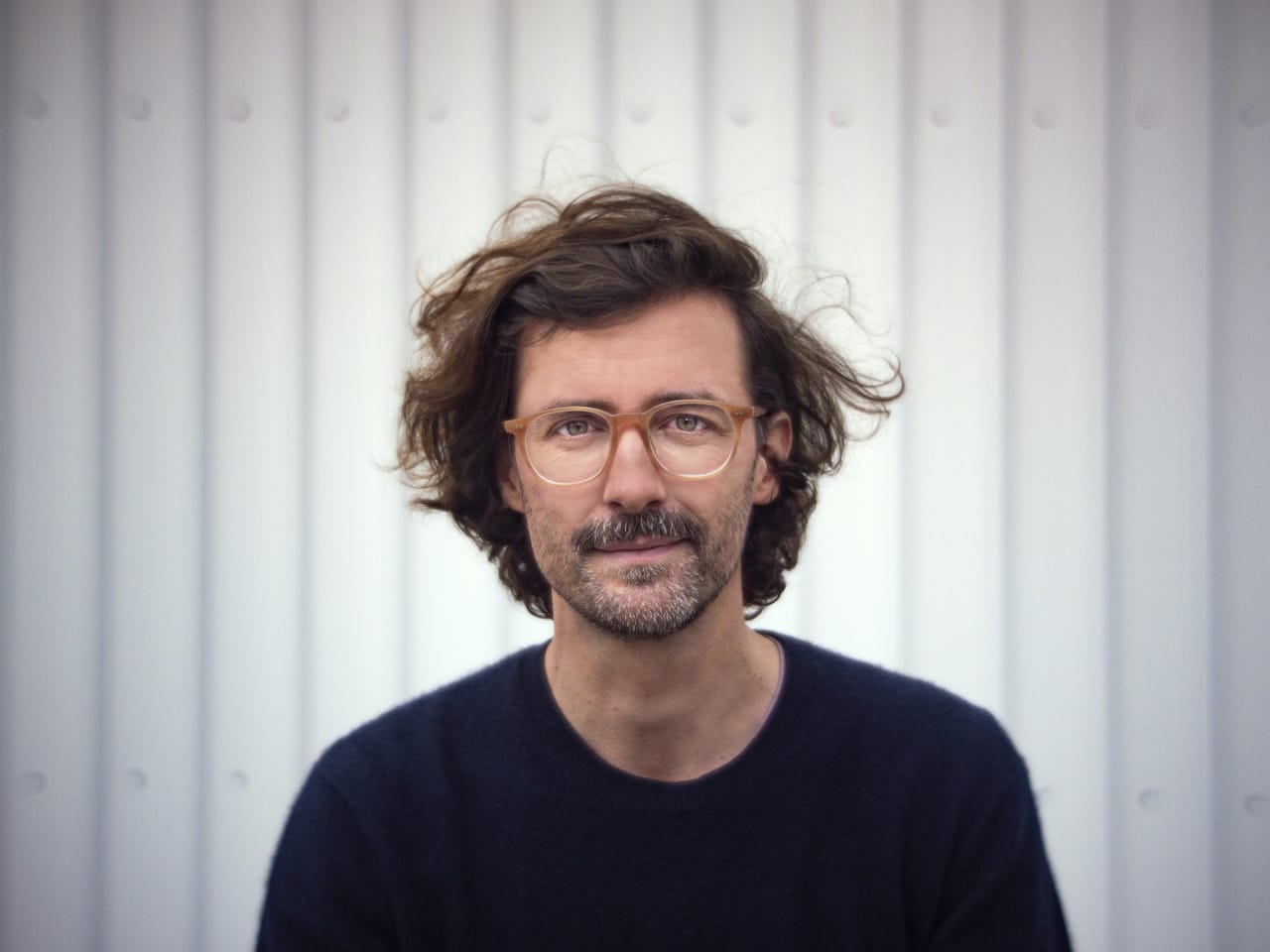
This year we celebrate the 20th anniversary of Forum Expanded. Last year you were named the head of the section. What is your vision for the future of Forum Expanded?
In the last four years, three of those together with Ala Younis as co-head of the section, our goal was to continue the path that Forum Expanded has forged throughout its history. Central to that path was a distinct openness and adaptability. I think we managed to maintain this, to open our program up to new voices, more communities, and this is something I want to keep working on going forward.
